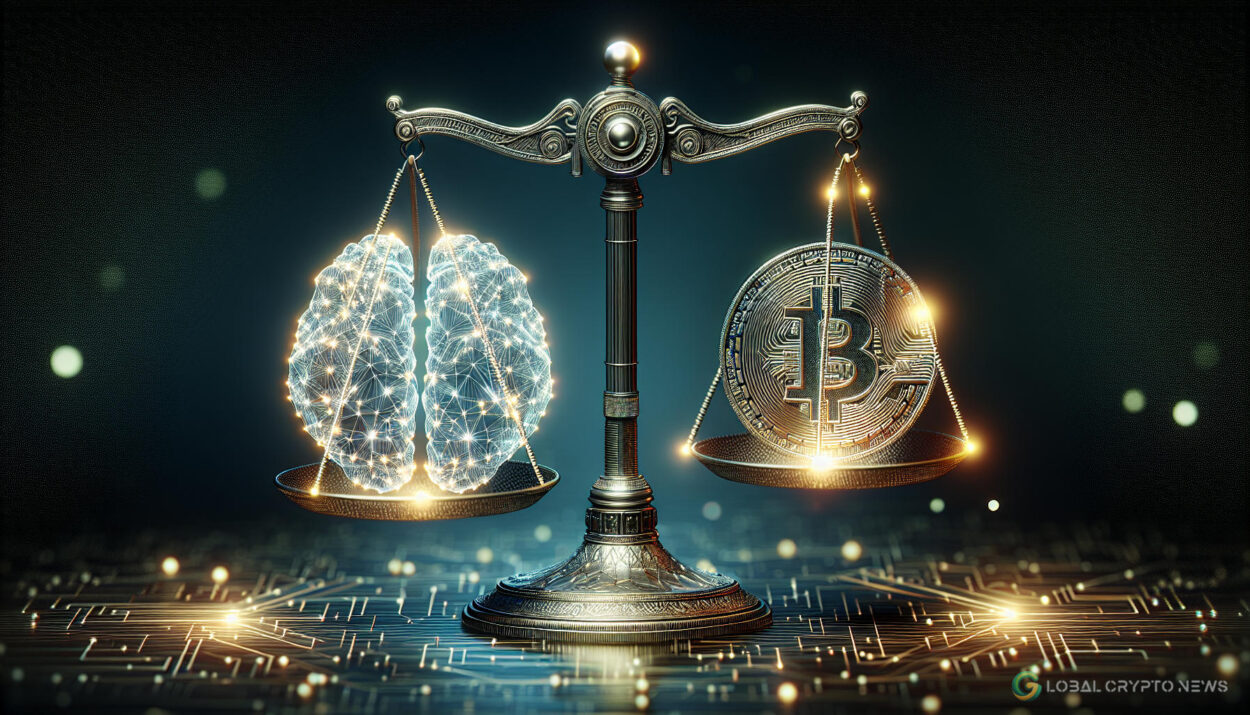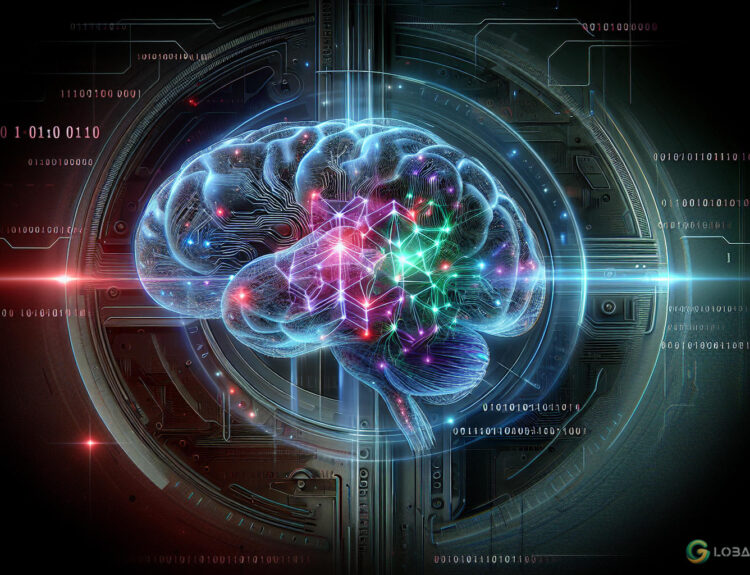Both artificial intelligence (AI) and cryptocurrency are rapidly evolving fields that are deeply technical, making regulation challenging. Recently, whistleblowers have been raising alarms, but their voices are often silenced. A new open letter has surfaced, expressing fears that AI could exacerbate inequalities, fuel misinformation, and lead to uncontrollable systems that pose significant risks to humanity.
This letter stands out because four of the anonymous signatories are current employees of OpenAI, the organization behind the popular ChatGPT. Six others used to work there. The fact that insiders are worried about the future of AI is important. While they acknowledge the potential benefits of AI, they are concerned that the public and regulators aren’t fully aware of the risks.
“AI companies possess substantial non-public information about the capabilities and limitations of their systems, the adequacy of their protective measures, and the risk levels of different kinds of harm. However, they currently have only weak obligations to share some of this information with governments, and none with civil society. We do not think they can all be relied upon to share it voluntarily.”
Right to Warn
The parallels between artificial intelligence and the cryptocurrency space are striking. Both industries move quickly and are technically complex, posing significant challenges for governments and regulators. Some politicians struggle to understand the intricacies of these fields. For example, U.S. Representative Brad Sherman infamously referred to Bitcoin’s creator as “Saratoshi Nagamoto.”
This complexity makes it difficult to create informed legislation that encourages innovation while deterring criminal activities. By the time authorities catch up, the industries often evolve to a point where existing legislation no longer applies. This is evident in the ongoing regulatory paralysis concerning cryptocurrencies in the U.S., more than 15 years after Bitcoin first launched.
The open letter highlights the lack of effective government oversight, which means there is a heavy reliance on whistleblowers to hold companies accountable. However, confidentiality agreements often prevent them from speaking out.
“Ordinary whistleblower protections are insufficient because they focus on illegal activity, whereas many of the risks we are concerned about are not yet regulated. Some of us reasonably fear various forms of retaliation.”
A similar situation exists in the cryptocurrency sector, as shown by a recent report investigating FTX’s collapse in 2022. The report found that six anonymous whistleblowers were paid off, with one settling for $16 million after resigning.
While the crypto industry has made strides to address past issues, such as the bankruptcies of BlockFi, Voyager, and Celsius, there is still more work to be done. The four commitments asked of AI firms in the open letter are also applicable to the digital assets sector.
The letter requests that leading AI companies refrain from enforcing clauses that ban criticism from serving employees and introduce anonymous procedures for raising concerns. Similar safeguards in the crypto industry could have prevented many controversies.
Additionally, the letter calls for AI leaders to promise not to retaliate against workers who release confidential information after exhausting all other options.
It remains to be seen how much this open letter will influence AI regulation. Blockchain technology offers inherent transparency, with the flow of funds and transaction records being monitorable in real time. In contrast, large language models are often developed behind closed doors, making them more opaque.
The consequences of inaction are severe for both industries. Many crypto investors have lost their life savings due to inadequate risk information and a lack of coordination among international regulators. As AI continues to advance, the livelihoods of millions could also be at risk.
For more updates and news, explore Global Crypto News.






















